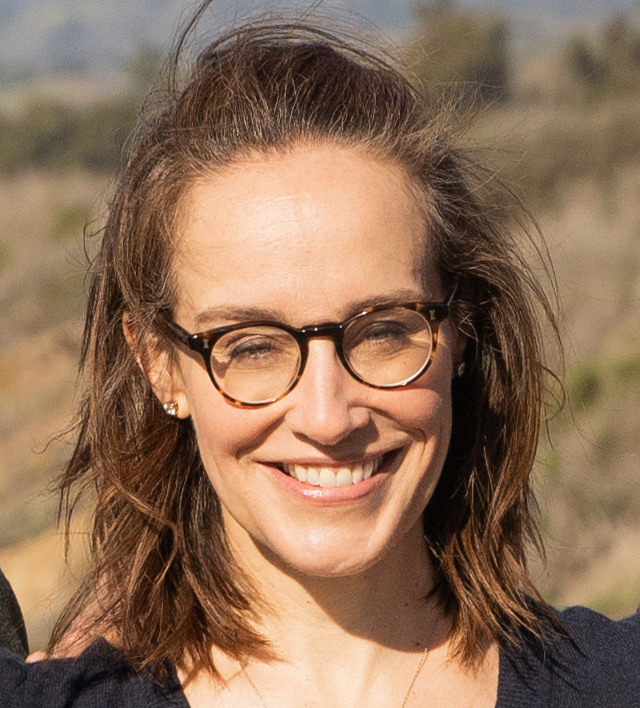Kate brings experience in business, tech, social entrepreneurship, and community-centered innovation.
In 2008, she co-founded a New York City-based digital marketing agency, where she spent more than a decade helping launch and scale “disruptive” mainstream, venture-backed tech startups.
Through that work she saw firsthand how a profit-centric, “tech solutionist” model of innovation was at odds with – and often directly undermining – best practices of impact, inclusion and social cohesion. Through anti-trafficking work she came to explore the intersection of tech, trafficking and consensual sex work.
In 2020 she moved to the UK, where she founded a tech social enterprise designing privacy-protecting, accountability-enforcing innovation to support vulnerable sex workers and take on exploitation & trafficking in the context of non-extractive, community-centering design, ownership & governance models.
When Kate met David, they saw an opportunity to be more impactful by combining complementary skills in service of a shared vision for developing inclusive, scale underserved community-serving innovation.
What’s the most interesting project or problem you’re working on right now?
How to tell the story of the work we’re doing and the impact it’s having in a way that lands for others, including funders. And related to that how to connect with values-aligned funders with the patient, impact-focused capital to support IDEMS’ own deep tech and product innovation.
What’s a recent professional success you’re especially proud of?
I’m really proud of my own social impact startup, horizontl. Through its applied context I learned so much about deep tech innovation for underserved communities; community collaboration, relationship building and ownership; and the challenges of fundraising mission-aligned investment for hard (and in this case controversial) problems. And David Stern and I properly connected as a result of a presentation I gave on that work, so it led me to IDEMS and set in motion our joining forces out of the realization that, from entirely different perspectives and contexts, we had arrived at seeing the same problems and developing the same ideas for solutions.
What social problem is nearest and dearest to you?
Creating alternatives to the prevailing model of tech, defined by data capture and black-box algorithms for the primary goal of generating profits for shareholders. Inclusive, accountable tech that retains data, governance, decision making, and economic value in communities but that can effectively scale so that people can participate in broader networks of opportunity and information – and aren’t locked into or limited to their small-scale communities. At heart I’m interested in more equitable societies, protecting against abuse of power, and systems that work for the most vulnerable members of society.
Why did/do you choose to work at IDEMS?
I found my tribe of people who are working on/care about the same things!
Where is home?
After nearly 20 years in New York City, home is now London, and I love the mix of modernity and history. Long ago I thought I wanted to be an English professor and studied a lot of 16th- and 17th-century English history and literature, and I love feeling the glimmers of that as I move through my daily life. And it’s surprisingly easy to get out into the country by train for walks and hikes, which is a nice change from New York where that always required a car and a lot more planning.


Leave a Reply